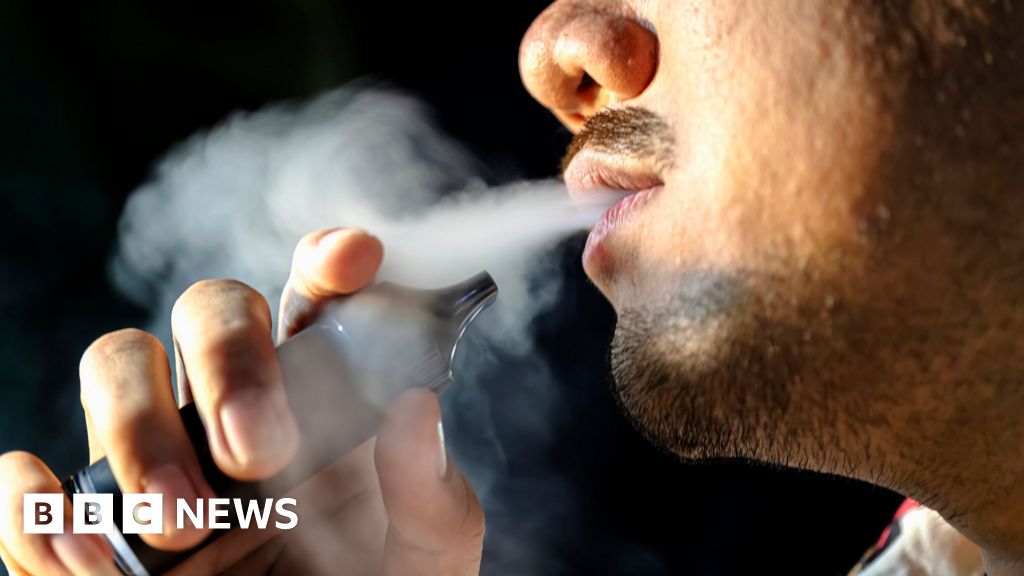In the context of an ongoing global crisis, Singapore gears up for a significant general election. The People's Action Party (P.A.P.), which has governed since 1959, is anticipated to maintain its grip on power. However, this election serves as a critical benchmark for measuring the ruling party's popularity. After witnessing its second-lowest electoral performance in 2020, the P.A.P. faces mounting pressure from disenchanted citizens.
Political analysts have observed an increasing influence of the opposition, particularly as many voters express dissatisfaction over the rising cost of living. Rallies hosted by the main opposition party, the Workers' Party, draw enthusiastic crowds, and their campaign merchandise is selling out quickly. Pritam Singh, the party's leader, emphasizes that while they are not contesting enough seats to form a government, their presence is vital for a balanced political discourse.
This election is further complicated by a change in leadership; Prime Minister Lawrence Wong has taken the political helm following Lee Hsien Loong's two-decade administration. Wong's recent comments suggest that stability in the face of international upheavals requires leaders with established diplomatic relations, reiterating the P.A.P.'s long-standing narrative of delivering stability and prosperity in a nation with nearly six million residents.
As the election draws near, observers are keenly watching not only the outcome but also how the margin of victory reflects the evolving political landscape of Singapore, where the demand for a more competitive democracy grows louder.



















